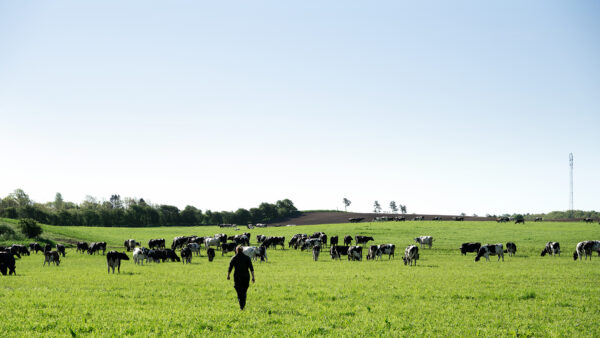While a many Danes question whether genetically modified foods are unnatural, this concern is much less apparent among politicians, according to Professor Jesper Lassen at the University of Copenhagen’s Department of Food and Resource Economics. Lassen has investigated Danish attitudes about genetically modified foods since the early 90’s.
His most recent research has proven that there is no correlation between the general public’s reservations about genetically modified foods and what Danish politicians bring up for parliamentary debate.
“That people do not like genetically engineered foods is etched in stone. And, one of the main arguments is that they are perceived as unnatural. However, the question of perceived naturalness is never raised in Danish parliamentary debate. Politicians should never resort to populism and placate voters. They should take the public seriously and consider their arguments,” he says.
His study looks at parliamentary debate about EU legislation that addresses genetic engineering, and compares this with studies of public perceptions of genetically modified foods.
“There is an obvious disconnect between public concerns and how politicians debate genetically modified foods. There are numerous indications that elected officials live in a political bubble, where certain types of risk v. benefit arguments are important, while arguments about naturalness, for example, which are of important for the population, are never advanced,” says Jesper Lassen.
Danes care about ethics
Jesper Lassen elaborates that there is skepticism among Danes and other Europeans about genetically modified foods with regards to whether they are ethically and morally sound.
“While questions of risks and benefits are important for people, so are the moral and ethical dimensions. In relation to genetically modified foods, for example, the concern is whether something is unnatural in such a way that it transcends species barriers or creates new types of organisms. These concerns overshadow all other reservations and serve as a moral veto,” he says. In his analysis of the political debates, Jesper Lassen concluded that politicians are far more focused on the benefits and risks of genetically modified foods.
“For example, politicians discuss genetic engineering technology as a source of more robust crops, and whether the cultivation of genetically modified crops affects organic agriculture, or potential long-term environmental risks. In doing so, they ignore the ethical issues, which is what people care about most,” emphasizes Jesper Lassen.
Source: University Of Copenhagen













